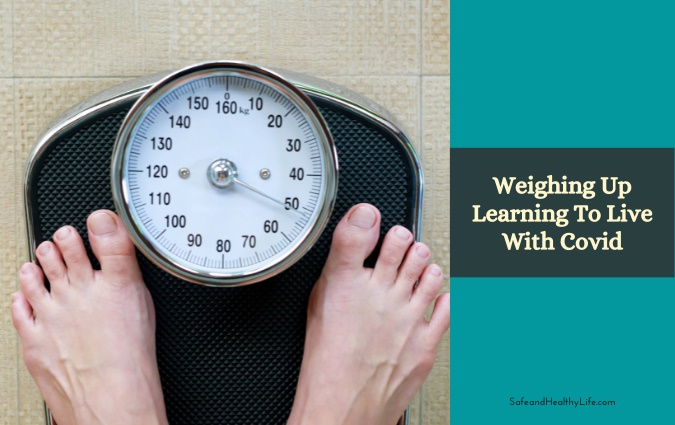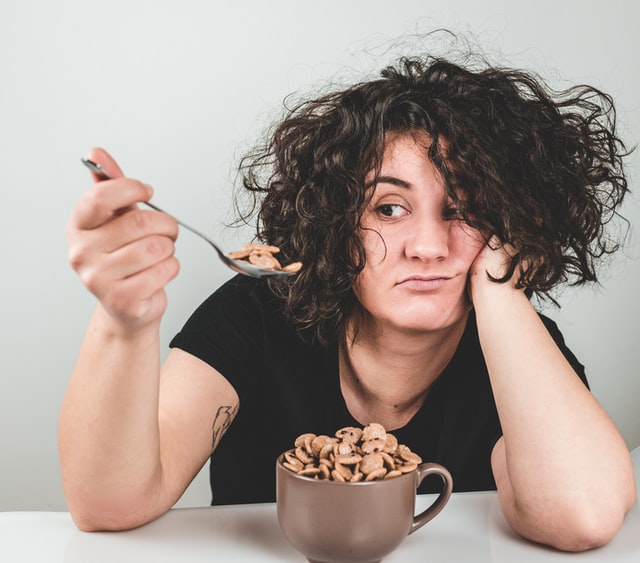
2020 saw the pandemic spread around the globe, and unfortunately, it is looking like 2021 won’t see the end of Covid, even as vaccination levels rise.
While countries around the world are starting to ease social restrictions, we are seeing that complete social freedoms also lead to complete freedom of the virus to replicate and circulate, especially amongst those who have yet to be either vaccinated or catch the virus.
The current Delta strain leads to viral loads 1000 x greater than the previous version, which makes it a lot more likely to spread from person to person.
Strategies around controlling the spread
Strategies around controlling the spread of Covid have evolved, with Governments accepting the expert medical advice that this new virus (and its variants) will indeed be around for a long time; and that we need to learn to live with Covid with as many protective measures in place as possible to reduce serious illness and fatalities.
While lockdowns will be needed less and less, measures will need to be taken when infections surge while we still have numbers of unvaccinated people.
While the number of unvaccinated people remains high we need to have measures in place to keep our hospitals and other social institutions functioning until the number of infected and/or vaccinated people in the community gets up to the 95% mark.
As well as taking steps to reduce your risk of infection and getting vaccinated, you can do other things to get yourself in shape in case you do catch the virus.
What you can do to protect yourself & others
We can all do things to protect ourselves and our loved ones from Covid and its effects, including helping with the frustrations of lockdown.
Ensure you get vaccinated and have open conversions with friends and family about doing the same.
Avoid talking about the misinformation that has become so common these days, instead focus on the positive things that people can do to help themselves and others in the community.
Obesity and Covid-19
Adults with excess weight are at greater risk during this pandemic. The Centre for Disease Control & Prevention reports that in the US, over 30 percent of adult hospitalizations as a result of Covid were attributed to obesity.
And another study of children under the age of 18 who contracted Covid, found that children with obesity were 3.07 times more likely to be hospitalized and 1.42 higher risk of severe illness.
But why does excess weight or obesity make somebody more vulnerable?
Associate Professor Michael Talbot, a bariatric surgeon in Sydney and New South Wales, explains the reasons why for us:
- Increased adipose tissue (the main function of adipose tissue is to store energy in the form of lipids, i.e. fat) increases how much Angiotensin-converting enzyme 2 (ACE2) your body produces. This enzyme is what the COVID-19 virus attaches to when entering a human cell, and this may increase disease severity by making it easier for Covid to reproduce inside the cell, but also by blocking the ACE2 receptor’s ability to do its job of helping to suppress excessive inflammation.
- People who are overweight or living with obesity compared to those with a healthy weight are at increased risk for many serious diseases and health conditions. They are more likely to have diabetes, high blood pressure, heart disease, respiratory disease (sleep apnoea, asthma, reflux-related lung disease), kidney disease, and other conditions that increase the risks of causing severe illness from COVID-19.
- People with weight problems are harder to care for in ICU and are more prone to complications when on a ventilator for a prolonged period of time.
‘Lockdown weight’

Photo Credit: Unsplash
During times of ‘lockdowns’ or significant changes to our daily lives, it is understandable that we may not feel motivated to exercise regularly, or will find comfort in snacks like chocolate or chips while we’re at home, or decide to order a takeaway because we are avoiding the supermarket or simply haven’t got the time to cook dinner (homeschooling and working from home is a real challenge). As a result, more people than ever will be increasingly at risk.
Living with Covid long-term may mean living with a new normal of social restrictions, vaccine boosters, masks in certain settings, but another way we can safeguard ourselves from this virus in the future is by being as healthy as we can be.
If you are overweight, you will likely be able to lose excess weight based on changes to diet and increasing activity levels such as exercising regularly and hitting your 10,000 steps a day.
Sadly, obesity is a complex issue and therefore requires it to be tackled from many different angles; physiologically, physically, and psychologically.
Addressing obesity – weight loss surgery
Weight loss surgery is the ‘last resort for weight loss, but an effective one. Depending on what procedure your bariatric surgeon recommends, a person can lose around a third and sometimes more of their total weight (so someone at 120 kg may expect to end up losing around 40kg).
There are several options to discuss with your surgeon, ranging from a gastric band that can easily be adjusted by a doctor, to procedures that limit stomach size, and even those that bypass parts of the intestines.
Their common goal is to restrict the amount of food that a person is able to consume, leading to a reduction in calorie consumption, resulting in rapid weight loss.
Sounds simple, why isn’t everyone doing it?
Well, it’s not quite that simple. Bariatric surgery is elective surgery and is very rarely available in Public Hospitals, even though it’s covered by Medicare.
It requires out-of-pocket expenses (amounts vary depending on private health cover). But even if that isn’t an issue, for surgery to be successful long-term it’s up to the individual to commit to lifelong changes: to their diet, breaking old habits, introducing regular exercise and activity, and building a new healthy life.
So as we look forward to easing of restrictions, the opening of borders, and getting started on our new normal here in Australia, all things that are out of our control, maybe it’s time we decided that our health is in our control, and we want to make sure we take the steps to protect our future selves as much as we can.
About The Author:
Associate Professor Michael Talbot is a bariatric surgeon practicing in Sydney Australia. He is committed to the ongoing education surrounding the obesity epidemic that is gripping western nations around the world.



![[Infographic] Learning More About The Most Common Cancers In Women Common Cancers In Women](https://www.safeandhealthylife.com/wp-content/uploads/2023/10/Common-Cancers-In-Women-1-150x150.webp)
